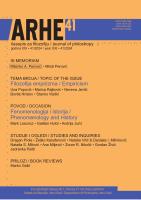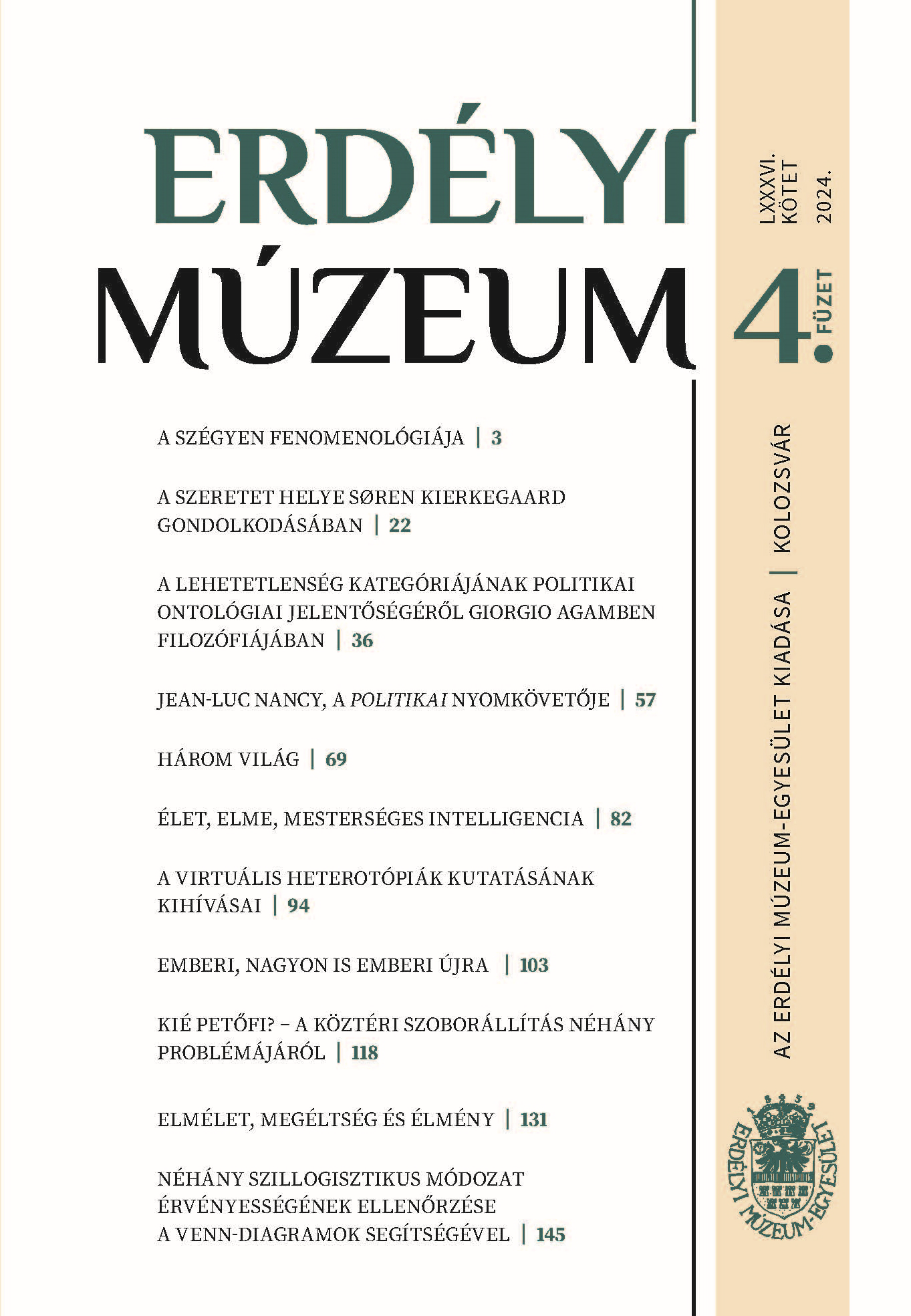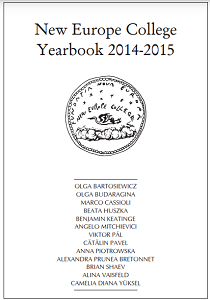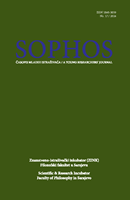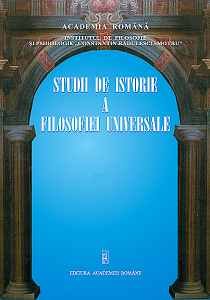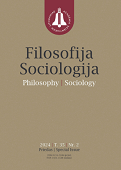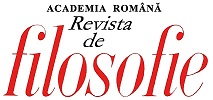Hume on the Limits of Reason in the Realm of the Practical: Some Aristotelian Observations
This essay examines critically the impact of Hume’s conception of reason on ethics. In Hume’s empirical ethics, the role traditionally attributed to reason is played by sentiment. Hume’s conception of reason and its ethical implications are presented and possible objections to the limits he imposed on the role of reason in ethics are indicated. This analysis relies on Aristotelian arguments, and suggests that reason seems to play a more significant role in human action than Hume claimed. The paper concludes that showing Hume's restrictions on reason in human action as incorrect remains a genuine possibility.
More...
